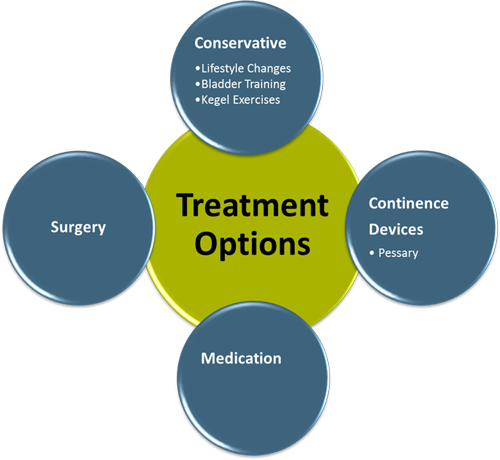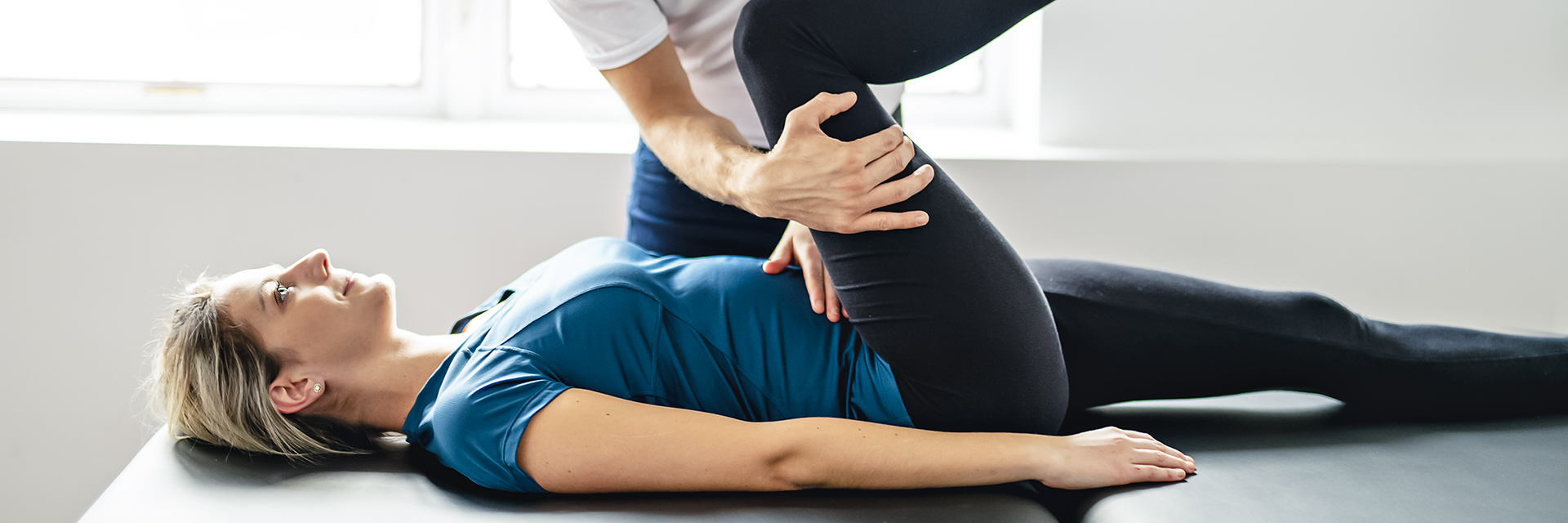
September 2, 2024
3 Reasons Peeing Is An Issue After Maternity
What To Anticipate After Expecting: Stress And Anxiety Urinary Incontinence You can do this by attempting to hold back from going to the bathroom, up until your bladder is full. You can also figure out more regarding pelvic floor toughness on the Jean Hailes web site. Straightforward changes to your lifestyle may likewise Urinary Incontinence Devices Adult Diapers Absorbent Pads Biofeedback Therapy Urology Clinics Continence Specialists Bladder Management Urological Health Continence Products Incontinence Surgery Bladder Retraining Kegel Exercises Urinary Catheters Medication for Incontinence Sacral Nerve Stimulation Incontinence Devices Continence Clinics Overactive Bladder Treatment Voiding Diary Urodynamic Testing Pelvic Floor Muscle Training Pessary Insertion Vaginal Sling Procedures Physical Therapy for Incontinence Electrical Stimulation Behavioral Therapy for Incontinence Urethral Bulking Agents Incontinence Pelvic Exercises Prolapse Management Continence Therapy Bladder Training Programs Botulinum Toxin Injections Lifestyle Modifications for Incontinence Fluid and Diet Management Urge Suppression Techniques Bladder Scanning Continence Care Programs Bladder Neck Support InterStim Therapy Transvaginal Tape Core Strengthening Exercises Pelvic Physiotherapy Pilates for Incontinence Muscle Rehabilitation Yoga for Pelvic Health Postpartum Recovery Programs Strengthening Devices Biofeedback for Pelvic Muscles Pelvic Organ Support Pelvic Muscle Training Aids assist, such as losing your maternity weight, eating even more fiber, consuming even more water and training much less. Check out Stacy's tale on how surgical procedure assisted her return to following bring to life her son. Suggestions on placement and add-on can actually make a distinction when you are starting to breastfeed. This new blood lugs oxygen and nutrition to the muscular tissues and nerves and carries co2 and run out. Minority mins between contractions are typically sufficient for the tissue to recuperate. After distribution, the pelvic flooring can experience several changes. The pelvic muscular tissues and nerves have stretched to permit the baby to pass through the birth canal. Most of the time, the muscles recoup without any symptoms. Unfortunately, some females have actually explained a feeling of looseness and reduced total sensation.Find Out More Concerning The Pelvic Floor After Giving Birth From Baptist Health
If you're not breastfeeding, your periods might resume between six and eight weeks after your infant's birth. You're continuings to recover, and at the same time you're adapting to being a mother and all the extra work it entails. The dynamic between you and your companion might be changing as you get utilized to taking care of your newborn together, and you may be experiencing some of the highs and lows of parenthood. Every one of this can take a toll on your feelings, and create stress and anxiety. Some moms, however, experience much more serious sensations of sadness and misery.- We understand since long term and tough labors might lead to long-term nerve damage and weakening of the pelvic muscle mass and the supporting structures to the uterus, bladder and anus.
- Few women like these panties and thick pads, so loading this vital is needed.
- The mom is normally asked to await a contraction to begin, then hold her breath, and birth down as hard as she can in order to push the infant out.
- You can locate a full checklist of resources made use of for this article listed below.
Assistance This Web Browser Is Being Terminated For Maternity, Birth And Infant
The pelvic flooring muscle mass are a helpful container of muscle mass attached to the pelvic bones by connective tissue to sustain the vaginal area, uterus, bladder and digestive tract. It is recommended to stay clear of pregnancy following childbirth because this is the moment the body is healing. If a woman gets pregnant prematurely, there is constantly a risk of premature shipment. Web content on this site is offered info purposes just. The info and materials included on this internet site are not planned to constitute a detailed overview worrying all elements of the therapy, product or therapy explained on the website. When gynecologists see females for troubles of incontinence, we are not stunned to locate the most extreme troubles commonly in those ladies who had several youngsters or that provided huge children. Recently medical professionals started working out the details of these connections and are looking for the certain reasons why some ladies go on to create incontinence and other women never ever have this problem. During pregnancy, because of the stress on the bladder, it gets hard to pee. However, the bladder should discover the urinating pattern throughout once again. Postpartum urinary system incontinence is very typical, however there are techniques that can assist take care of and decrease leak with time. The information is not a replacement for independent specialist advice and ought to not be made use of as an option to professional healthcare.Week 5
Delivering is exceptionally challenging on the body and can alter a female's urinary control capacities. During pregnancy, the weight of the expanding uterus can deteriorate the strength of a woman's pelvic floor muscles and create pee to leakage. If you are questioning what occurs right away after delivering, a female may experience heavy bleeding following the kid is born. It is typical to experience hefty genital discharge for the initial few weeks after the pregnancy. It is always far better to get in touch with a medical professional in case of excess blood loss that exceeds for weeks. The female pelvic system is a complex network of muscular tissues and nerves, so it's not surprising that delivering can have lasting effects on a female's body.Just how do you deal with urinary system incontinence after delivering?


Social Links